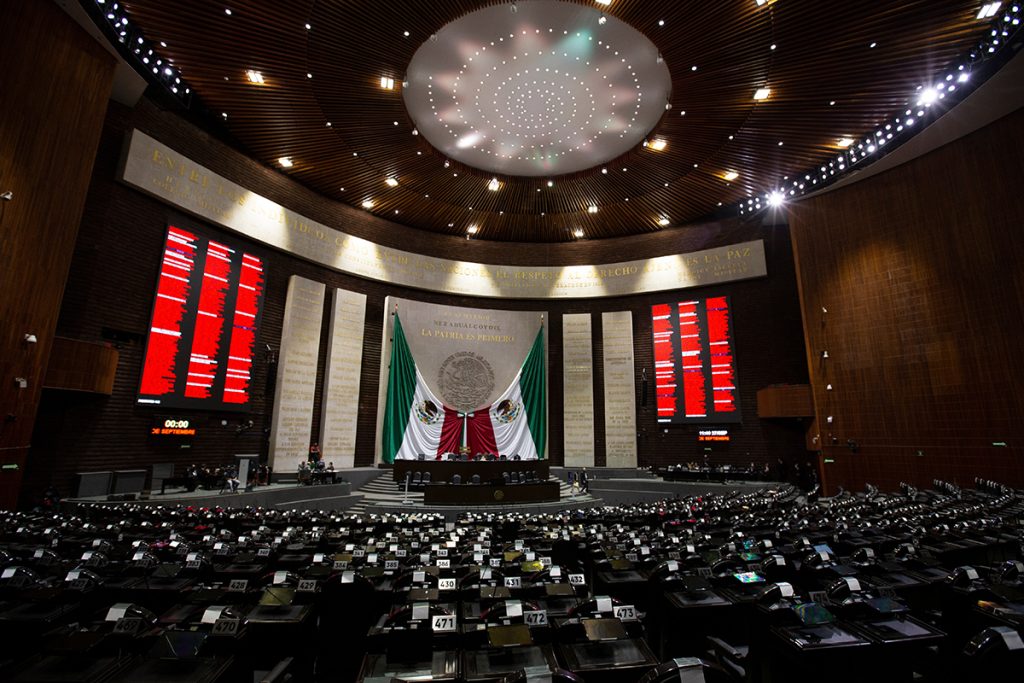Mexico is embroiled in a heated debate over a judicial reform proposed by President Andrés Manuel López Obrador (AMLO) and his ruling MORENA party. The reform, already passed by the lower house of Congress and likely to clear the Senate, would subject judges, including Supreme Court justices, to popular elections. This proposal has sparked protests, strikes, and widespread concern both domestically and internationally.
A Radical Change in Mexico’s Judiciary
AMLO’s administration frames the reform as a necessary step to combat corruption and make the judiciary more accountable to the public. However, critics argue that it will weaken the independence of the courts, undermining democracy and rattling investor confidence. These concerns come at a pivotal time as Mexico positions itself as a crucial player in global trade, particularly under the US-Mexico-Canada Agreement (T-MEC).
Mexico’s judiciary has long been seen as one of its weaker institutions, struggling with inefficiency, underfunding, and corruption. Throughout the 20th century, under the rule of the Institutional Revolutionary Party (PRI), the judiciary often acted as an extension of the executive branch. While reforms have been made to strengthen its independence, López Obrador’s proposal threatens to undo these advances.
Currently, judges are appointed based on merit, qualifications, and examination results, ensuring impartiality in interpreting the law. The proposed shift to popular elections risks politicizing the judiciary, as judges may prioritize public opinion or political affiliations over the rule of law. This change could compromise the judiciary’s role as an essential check on executive and legislative power, particularly in a country with a history of authoritarianism.
Impact on Democracy and the Economy
The judicial reform could have profound consequences for Mexico’s democratic framework. Democracies rely on the separation of powers, with checks and balances between branches of government. With MORENA holding majorities in Congress, electing judges sympathetic to the ruling party could give them control over all branches of government.
Electing judges also opens the door to corruption. Judicial candidates would need to fund campaigns, making them susceptible to influence from wealthy donors and special interest groups. This shift could lead to decisions favoring elites or criminal organizations, eroding public trust in the legal system.
The reform is already impacting Mexico’s economy. Following the June 2024 elections, in which MORENA gained further control, the Mexican peso dropped more than 10%, reflecting investor unease. Businesses depend on a stable legal system to protect contracts, enforce laws, and safeguard intellectual property. Introducing electoral influence into the judiciary could lead to inconsistent rulings, discouraging foreign investment and slowing economic growth.
This comes at a particularly challenging time for Mexico, which has benefited from the nearshoring trend as global companies shift supply chains closer to home. Uncertainty surrounding the judicial system threatens to undercut these economic gains.
Diplomatic and Domestic Fallout
Internationally, the proposed overhaul has raised alarms, especially among Mexico’s key trading partners, the United States and Canada. Both countries rely on an impartial Mexican judiciary to ensure fair trade under T-MEC. Compromising judicial independence risks complicating cross-border trade and investment, potentially straining diplomatic relations and damaging Mexico’s economic partnerships.
Domestically, the reform has sparked unprecedented protests, with strikes from federal judges, magistrates, and even Supreme Court justices. Legal scholars, human rights advocates, and students have joined in opposition, warning that the reform could undermine the rule of law. Critics argue that MORENA’s push for this reform, despite widespread protests, shows a disregard for the voices of ordinary Mexicans.
As President-elect Claudia Sheinbaum prepares to take office, her support for the reform signals continuity with López Obrador’s agenda. With MORENA’s control of Congress and Sheinbaum’s upcoming presidency, there is growing concern about the party’s dominance over all branches of government for another six years.
The Future of Mexico’s Democracy and Stability
Mexico’s proposed judicial reform could have long-lasting implications. While the López Obrador administration claims it will fight corruption and increase accountability, critics argue it will weaken judicial independence, harm democracy, and destabilize the economy.
The outcome of this reform will shape Mexico’s future, not only within its borders but also in its relationships with global partners.


